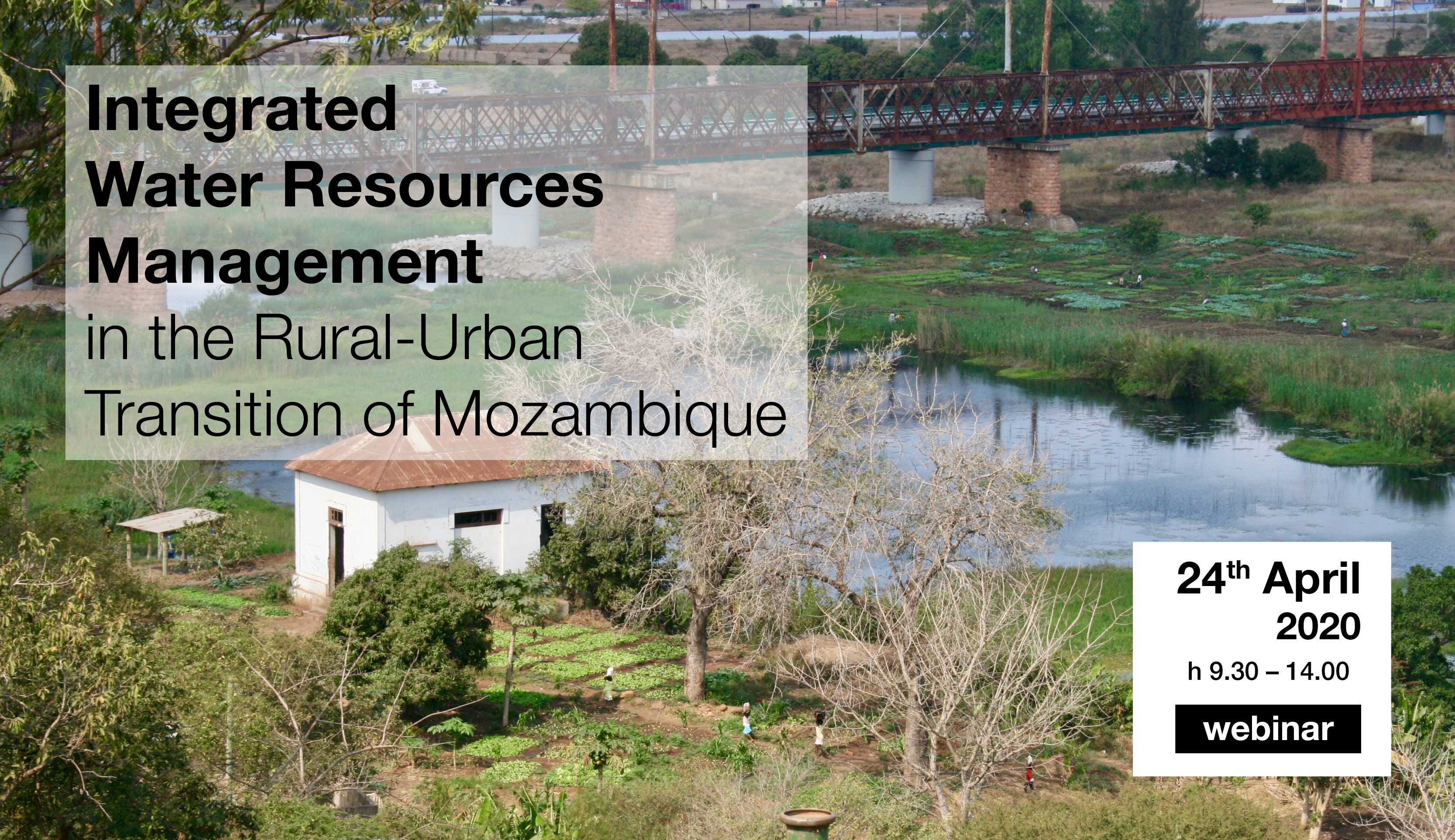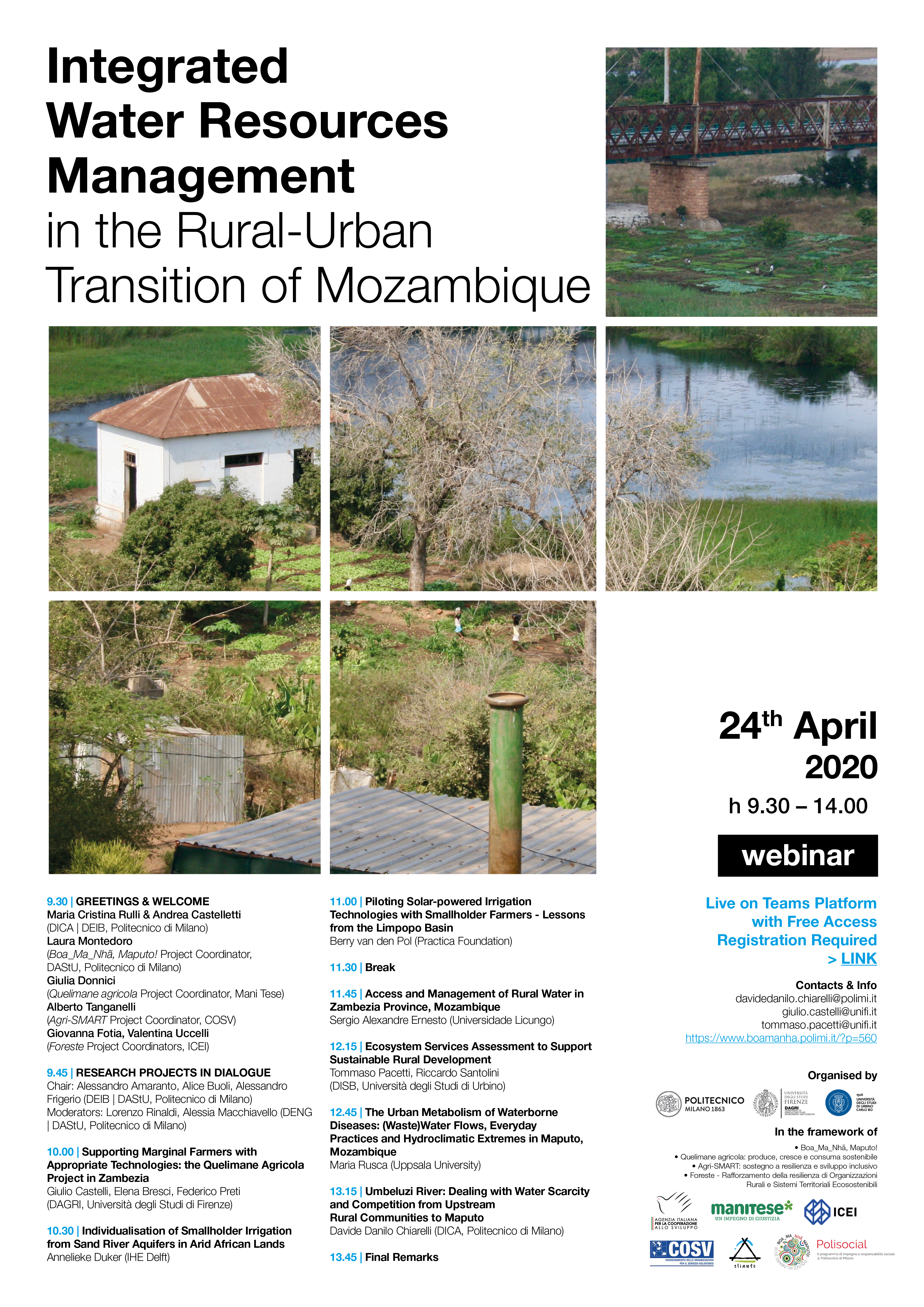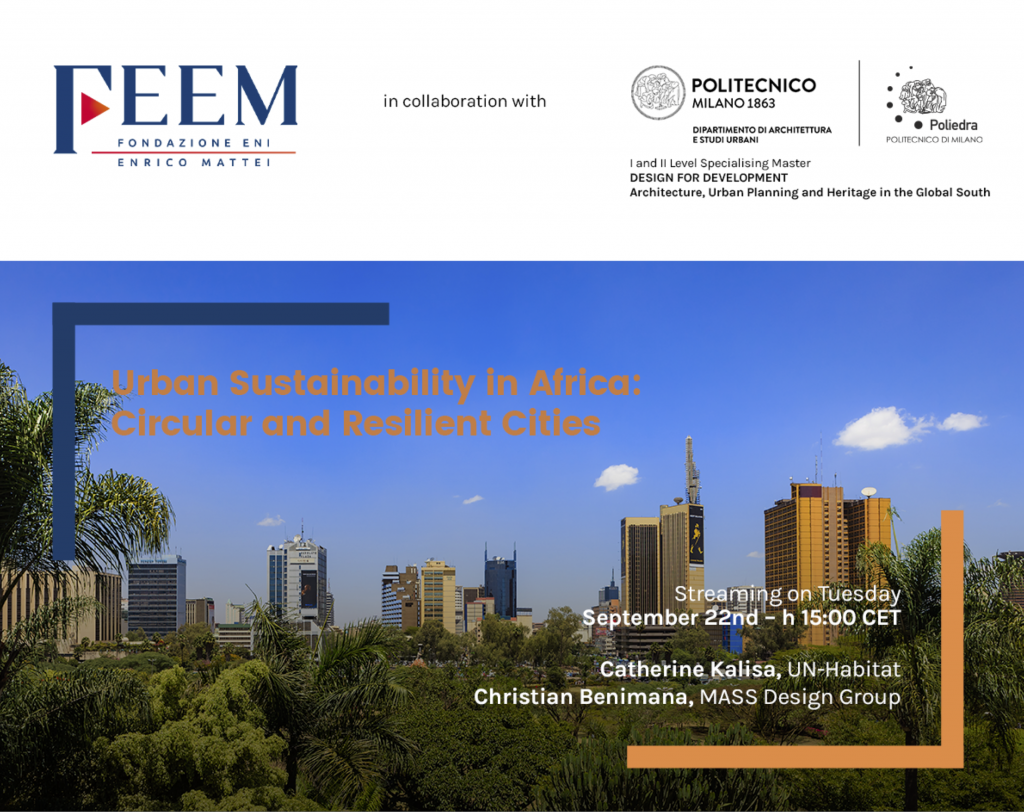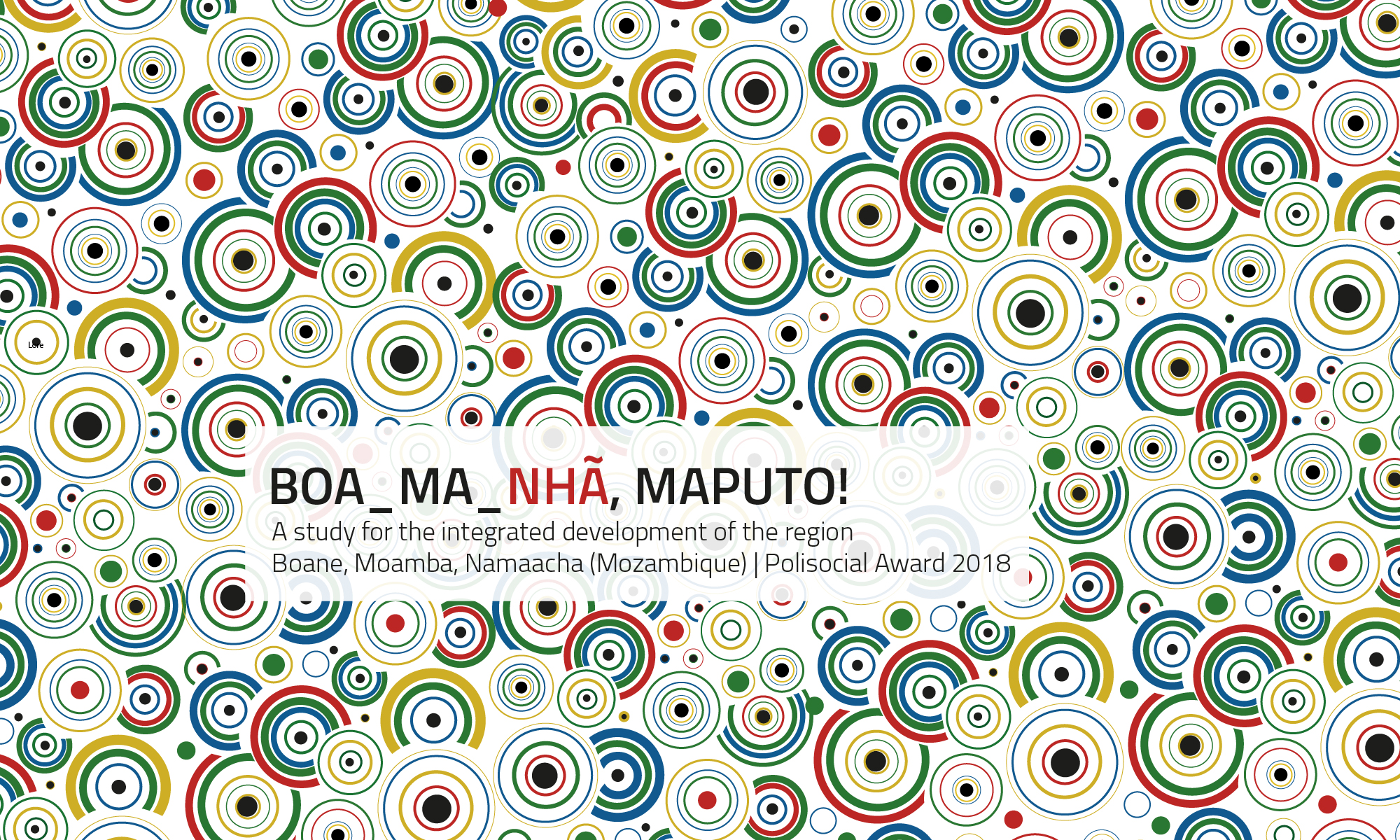Integrated Water Resources Management
in the Rural-Urban Transition of Mozambique:
Research Projects in Dialogue
24 April 2020 | 9.30 – 14.00 (CEST)
Microsoft Teams Platform with Free Access
Registration at this > LINK
(Registered participants will receive the link for Microsoft Team connection 15 minutes before the webinar).
Organized by
Politecnico di Milano, Department of Civil and Environmental Engineering (DICA) / Department of Architecture and Urban Studies (DAStU)
Università degli Studi di Firenze, Department of Agriculture, Food, Environment and Forestry (DAGRI)
Università degli Studi di Urbino, Department of Biomolecular Sciences (DISB)
In the framework of
Boa_Ma_Nhã, Maputo!
Quelimane agricola: produce, cresce e consuma sostenibile.
Agri-SMART: sostegno a resilienza e sviluppo inclusivo
Foreste – Rafforzamento della resilienza di Organizzazioni Rurali e Sistemi Territoriali Ecosostenibili

ABSTRACT
How to supply water to marginal farmers in a resource-limited country? What are the impacts of capital-driven deforestation on land and water resources? How can large dams management be turned to support equitable and sustainable development? Which strategy can be used to deliver safe water and sanitation services in large African cities? Is there physical or economic water scarcity affecting the country?
All these issues coexist and are intertwined in the urban-rural water context of Mozambique, where multiple development cooperation and research projects have been developed after the end of the Civil War, in the last 20 years. While Mozambique is developing as a whole, these projects have necessarily dealt with sectoral issues. They should aim to join forces for producing integrated knowledge and supporting integrated water resources management in the country.
The webinar will present different interdisciplinary research experiences, in order to create a dialogue to highlight criticalities, solutions, and synergies related to sustainable and fair water management (and the Water Energy Food Ecosystems Nexus), highlighting strengths, potentialities, and critical issues.
Practical aims:
-
- sharing projects’ outcomes and future ideas/research horizons
- focus on knowledge exchanges with local partners (backstage issues)
- data-collection and representation: issues & criticalities
Contacts:
davidedanilo.chiarelli@polimi.it | giulio.castelli@unifi.it | tommaso.pacetti@unifi.it
PROGRAMME
9.30 | GREETINGS & WELCOME
Maria Cristina Rulli & Andrea Castelletti (DICA | DEIB, Politecnico di Milano)
Laura Montedoro (Boa_Ma_Nhã, Maputo! Project Coordinator, DAStU, Politecnico di Milano)
Giulia Donnici (Quelimane agricola Project Coordinator, Mani Tese)
Alberto Tanganelli (Agri-SMART Project Coordinator, COSV)
Giovanna Fotia, Valentina Uccelli (Foreste Project Coordinators, ICEI)
9.45 | RESEARCH PROJECTS IN DIALOGUE
Chair: Alessandro Amaranto, Alice Buoli, Alessandro Frigerio (DEIB / DAStU, Politecnico di Milano) | Moderators: Lorenzo Rinaldi, Alessia Macchiavello (DENG / DAStU, Politecnico di Milano)
10.00 | Supporting Marginal Farmers with Appropriate Technologies: the Quelimane Agricola Project in Zambezia
Giulio Castelli, Elena Bresci, Federico Preti (DAGRI, Università degli Studi di Firenze)
10.30 | Individualisation of Smallholder Irrigation from Sand River Aquifers in Arid African Lands
Annelieke Duker (IHE Delft)
11.00 | Piloting Solar-powered Irrigation Technologies with Smallholder Farmers – Lessons from the Limpopo Basin
Berry van den Pol (Practica Foundation)
11.30 | Break
11.45 | Access and Management of Rural Water in Zambezia Province, Mozambique
Sergio Alexandre Ernesto (Universidade Licungo)
12.15 | Ecosystem Services Assessment to Support Sustainable Rural Development
Tommaso Pacetti, Riccardo Santolini (DISB, Università degli Studi di Urbino)
12.45 | The Urban Metabolism of Waterborne Diseases: (Waste)Water Flows, Everyday Practices and Hydroclimatic Extremes in Maputo, Mozambique
Maria Rusca (Uppsala University)
13.15 | Umbeluzi River: Dealing with Water Scarcity and Competition from Upstream Rural Communities to Maputo
Davide Danilo Chiarelli (DICA, Politecnico di Milano)
13.45 | Final Remarks




